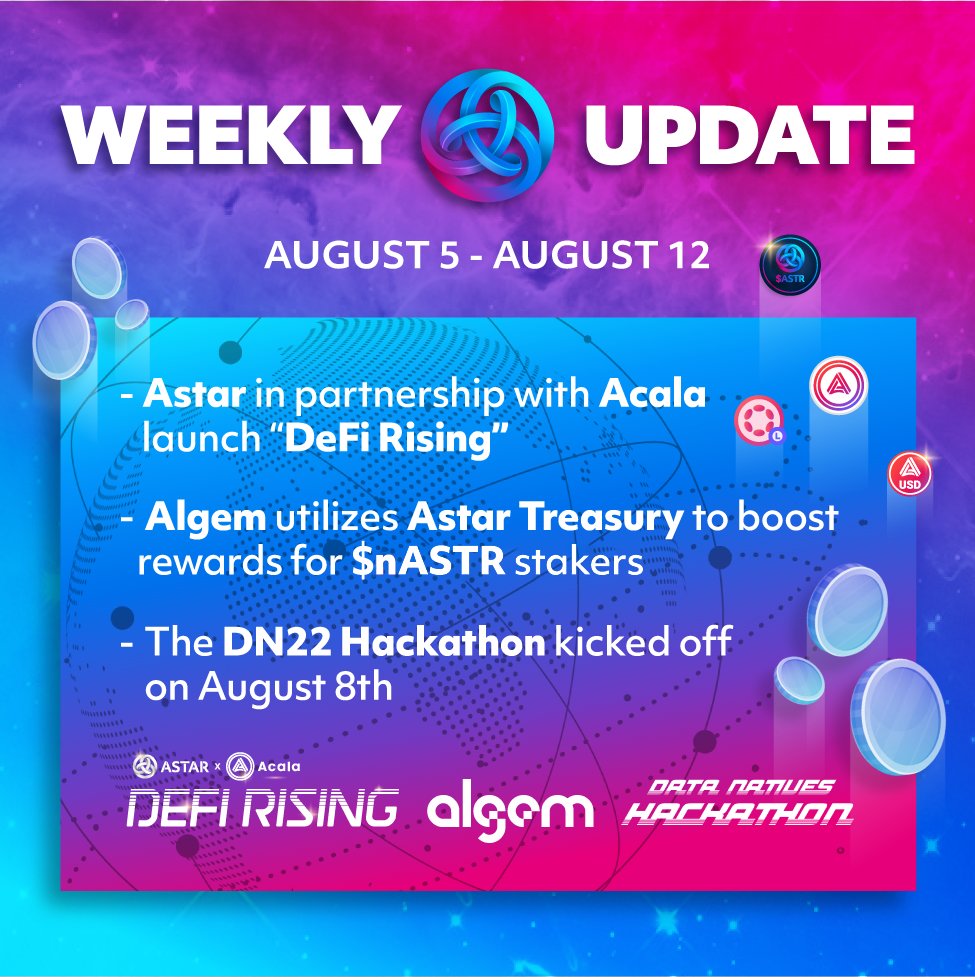
1/ Congratulations to @Kiltprotocol on making Web3 history! KILT has successfully moved from @kusamanetwork to the Polkadot Relay Chain, marking the first time a live blockchain has migrated from one network to another.
Read on to learn why they did it.
polkadot.network/blog/first-par…
Read on to learn why they did it.
polkadot.network/blog/first-par…
2/ Kusama provided the ideal place for KILT to develop applications quickly, stress-test their technology and try things out.
Thanks to Kusama’s fast iteration cycles, KILT was able to quickly become decentralized, add new functionalities, and prove its robustness and utility.
Thanks to Kusama’s fast iteration cycles, KILT was able to quickly become decentralized, add new functionalities, and prove its robustness and utility.
3/ But KILT, an identity protocol for issuing verifiable credentials and decentralized identifiers, began seeing adoption by large-scale enterprises.
This required a high level of stability and security that can't be guaranteed within the more experimental environment of Kusama.
This required a high level of stability and security that can't be guaranteed within the more experimental environment of Kusama.
4/ It was time to #ExpectChaos no more, and instead leverage the bank-like stability and security provided by Polkadot.
Kusama had done its job, providing crucial insights for the KILT team and representing an important upgrade path to Polkadot.
Kusama had done its job, providing crucial insights for the KILT team and representing an important upgrade path to Polkadot.
5/ "It’s always exciting to do things nobody has done before... Polkadot technology made it possible to transfer all achievements from the experimental phase to the production phase. Try that on any other technology base!" - @ingoruebe, founder of @Kiltprotocol
6/ Only this canary network model pioneered by Polkadot enables teams to mitigate risk stress-testing under real-world conditions before upgrading to a production network.
#OnlyOnPolkadot can builders truly push the boundaries of what's possible in Web3. polkadot.network/blog/first-par…
#OnlyOnPolkadot can builders truly push the boundaries of what's possible in Web3. polkadot.network/blog/first-par…
• • •
Missing some Tweet in this thread? You can try to
force a refresh









